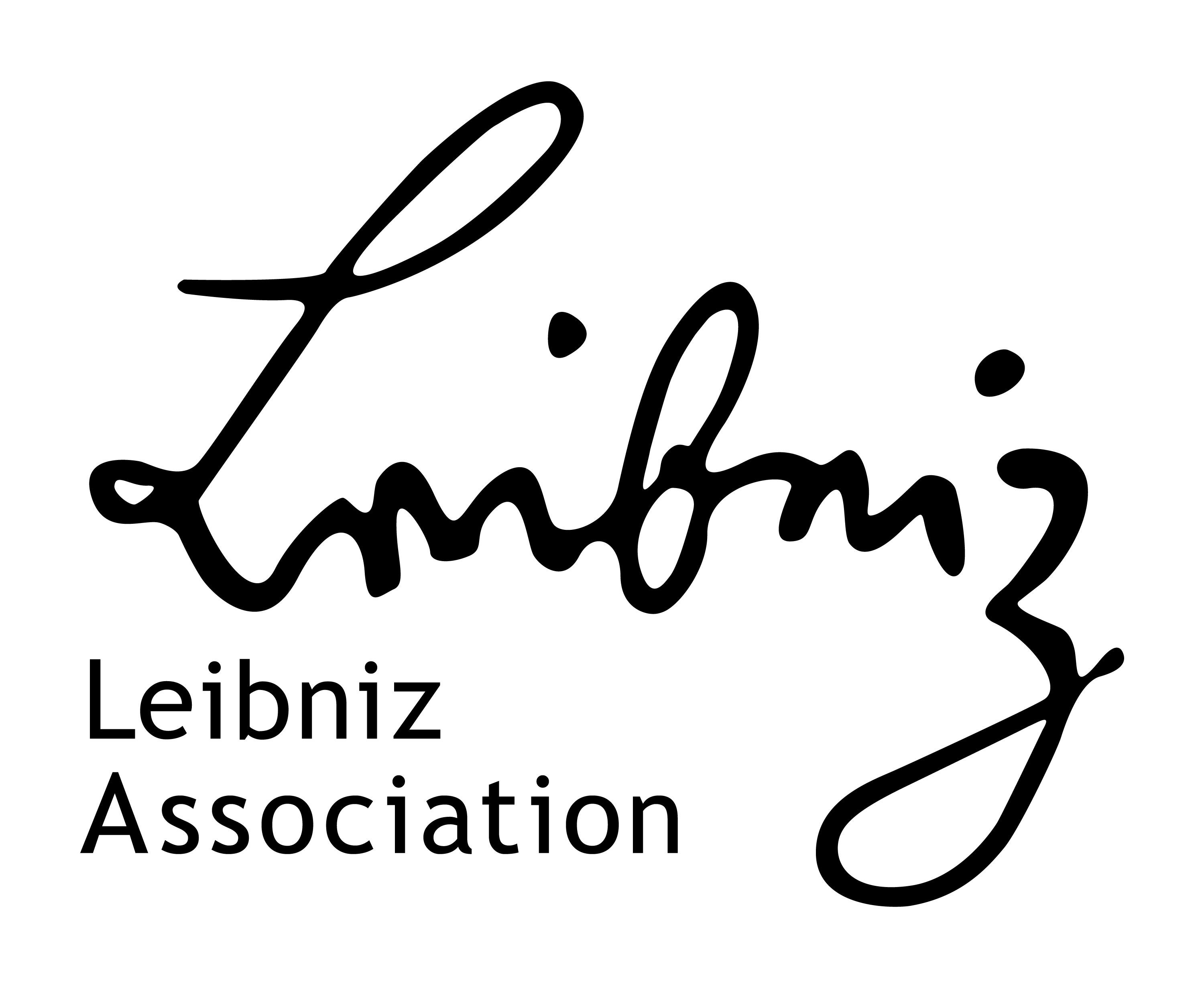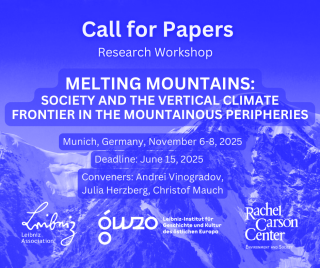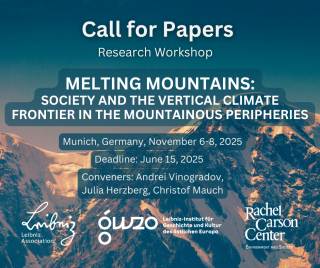Topic
Melting Mountains: Environment, Society and the Vertical Climate Frontier in the Greater Altai (1950-2020)

The project focuses on the Greater Altai and aims to rethink the impact of climate change on populations living at the periphery through the concept of the »vertical climate frontier«. This term refers to the climate-induced advance of state power and colonial practices in highland regions.
The project aims to explore how people, governments, experts and other regional actors in the Greater Altai have perceived, experienced, responded to and adapted to rapid climate change from the mid-20th century to 2020. As the first comprehensive study of the social impacts of climate change in this mountain system divided between the four states of Kazakhstan, Russia, China and Mongolia, the project will make a significant contribution to mountain studies and the climate and environmental history of socialist and post-socialist countries.
The research examines how the interactions between society, environment, and state have evolved under the influence of climate change in this little-studied region. It also introduces a new methodological approach to studying climate change in mountain areas.
This approach, called the »vertical climate frontier«, focuses on the climate-change-induced expansion of new forms of economic activity and the intensification of state regulation in previously isolated and remote high-altitude regions. These changes have transformed the environment and traditional livelihoods of local populations.
The project was initiated by Prof. Julia Herzberg and has been funded by the Leibniz Association as part of the Leibniz Programme for Women Professors since 2024.
Partner
- Sarsen Amanzholov East Kazakhstan University, Oskemen, Kazakhstan
- Dr. Marat Karatayev, Institute for Environmental Research at Al-Farabi Kazakh National University, Almaty, Kazakhstan
- Dr. Marianna Poberezhskaya, Centre for Policy, Citizenship and Society, Nottingham Trent University
- Leibniz Center for Modern Oriental Studies (ZMO)
- Leibniz Institute for Regional Geography (IfL)
- Rachel Carson Center for Environment and Society (RCC)
- LeipzigLab Global Health at Leipzig University, Prof. Dr. Marian Burchardt; Prof. Dr. Maren Möhring
- Priority Program 2361 »Towards the Fluvial Anthroposphere«, the LeipzigLab working group »Historical Anthropospheres«, and the DFG Project »Geomorphological and environmental responses to rapid hydrological changes in the Atlas Mountains (Morocco)«, Prof. Dr. Julia Schmidt-Funke; Prof. Dr. Christoph Zielhofer
- Prof. Dr. Elisabeth Kaske, Professor of Society and Culture of Modern China at Leipzig University
- Prof. Dr. Pardeep Singh, PGDAV College, University of Delhi, India.
- The Center for Natural Resources and Sustainability (CRS) at the Kazakh-German University (DKU)


